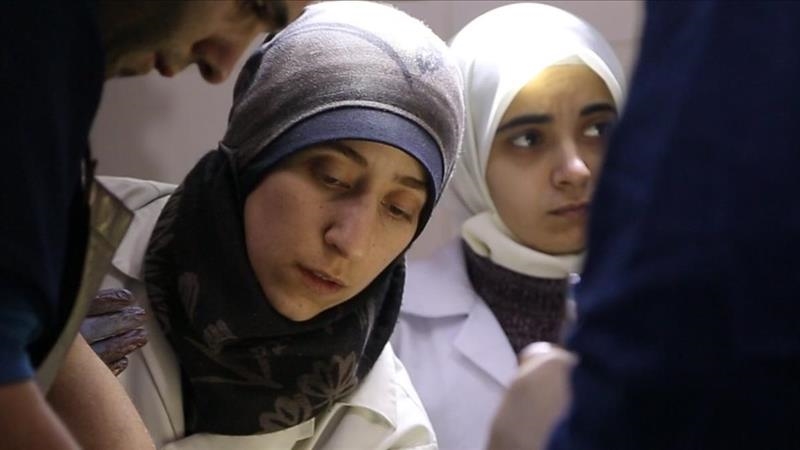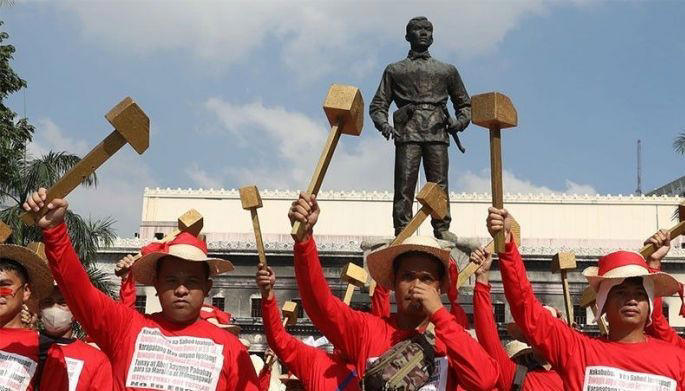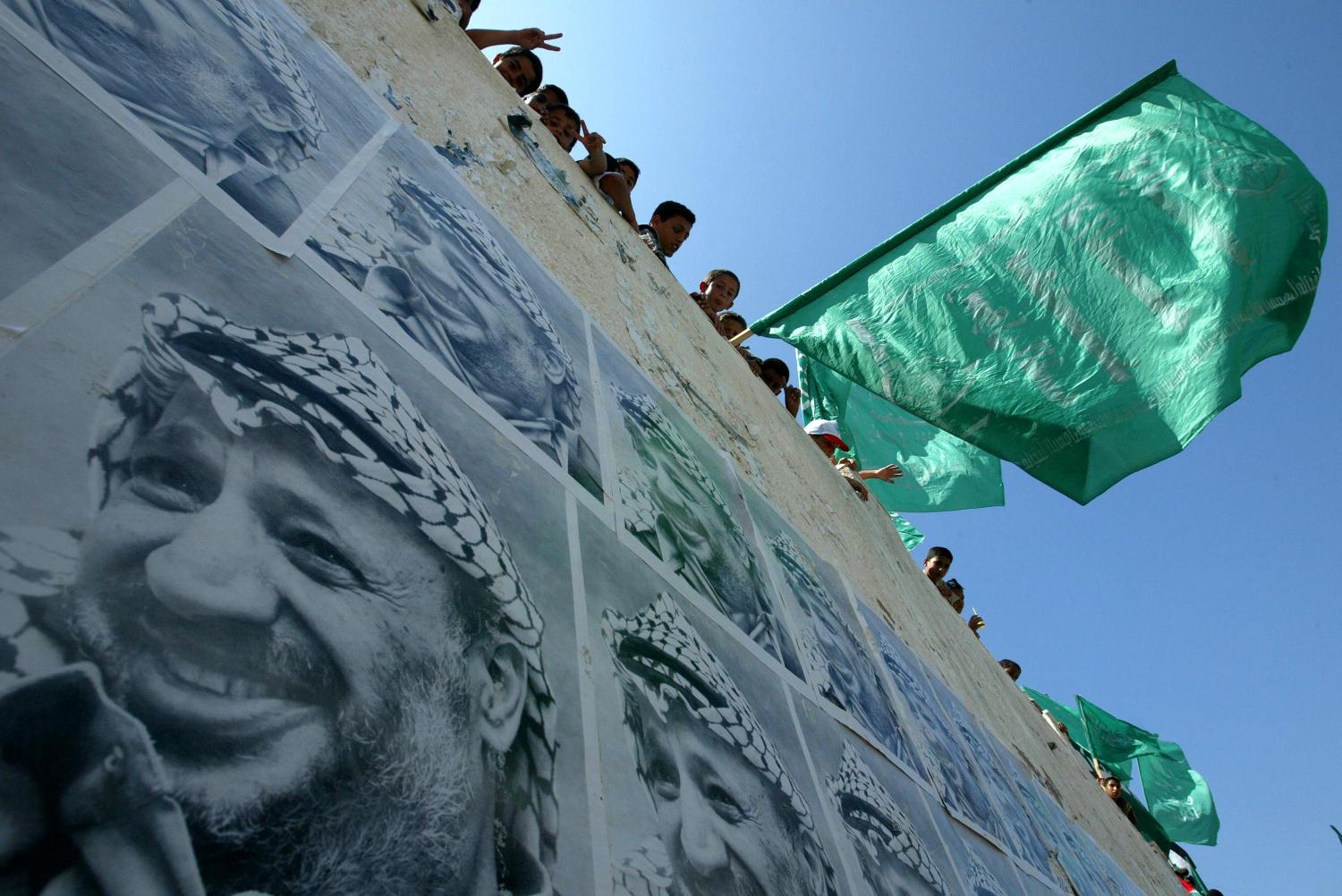Haiti: UN Report Says Gang Violence Spreading, Urges Speedy Deployment Of Multinational Security Mission
GENEVA/PORT-AU-PRINCE (28 November 2023) - A new UN report out today details a further, shocking rise in gang violence in Haiti as criminal gangs forge alliances and expand to rural areas previously considered safe – killing, raping, kidnapping, and destroying property, among other abuses.
The report, released by the UN Human Rights Office and the UN Integrated Office in Haiti (BINUH), calls for the urgent deployment of the Multinational Security Support mission authorized by the UN Security Council in October, in accordance with international human rights norms and standards. Increased efforts will need to be deployed to strengthen Haiti’s rule of law institutions, in particular the police, the judiciary, and the prison system, the report notes.
The report focuses on the Bas-Artibonite district, located in Central Haiti, about 100 kilometres from the capital Port-au-Prince, which has seen a significant rise in gang violence in the last two years. Between January 2022 and October 2023, at least 1,694 people were killed, injured, or kidnapped in Bas-Artibonite.
Kidnapping for ransom by criminal groups has become a constant fear for users of public transport across Bas-Artibonite, the report states. The story of Darleine, a 22-year-old woman is one of many: she was dragged off a bus in March this year by gang members, who held her captive for over two weeks and repeatedly beat and raped her. A few weeks after she was released, she committed suicide.
The report documents criminal groups rampaging through “rival” villages, executing local people and using sexual violence against women and even very young children. The groups also loot farmers’ properties, crops and livestock and destroy irrigation canals, contributing to the displacement of more than 22,000 people from their villages and significantly reducing the amount of cultivated land, heightening food insecurity. In September 2023, more than 45 per cent of the population of Bas-Artibonite was in a situation of acute food insecurity. Gang violence has also left many farming families unable to repay their debts or to access basic services.
UN High Commissioner for Human Rights Volker Türk warned that across Haiti, at least 3,960 people have been killed, 1,432 injured and 2,951 kidnapped in gang-related violence this year alone.
“The situation in Haiti is cataclysmic. We are continuing to receive reports of killings, sexual violence, displacement and other violence – including in hospitals,” Türk said.
“With terrible violence against the population expanding – within and outside Port-au-Prince – and the inability of the police to stop them, the much-needed Multinational Security Support mission needs to be deployed to Haiti as soon as possible,” UN High Commissioner for Human Rights Volker Türk said.
The High Commissioner stressed that the support mission must include internal oversight mechanisms and other safeguards to ensure its compliance with international human rights norms and standards.
Given the worsening violence and further to the October 2023 report of the UN Panel of Experts on Haiti, the report also calls on the Security Council to update the list of individuals and entities subject to UN sanctions for supporting, preparing, ordering, or committing acts contrary to international human rights law.
“There needs to be continued emphasis on the implementation of the arms embargo and sanctions targeting those behind this untenable situation,” the High Commissioner said.
“I also call on the Haitian authorities to fulfil their international human rights obligations and to put in place robust measures to strengthen the country’s institutions and improve governance, including by tackling corruption and addressing impunity.”


:quality(70):focal(1075x740:1085x750)/cloudfront-eu-central-1.images.arcpublishing.com/thenational/A34EWYV5HP3XOEKK64DZEB4NDI.jpg)








